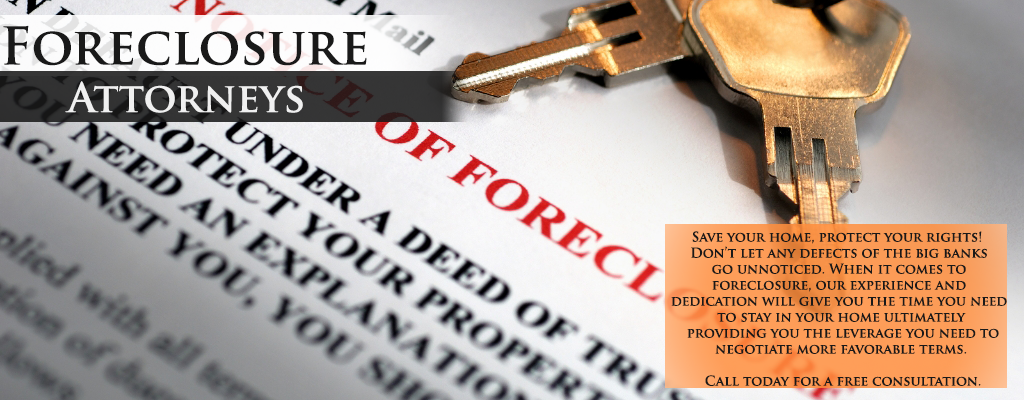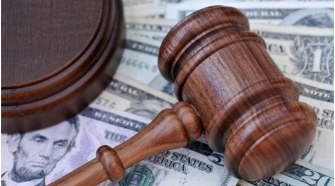Home foreclosure is a legal process that no one wants to go through because of the potential adverse effects regarding standard of living and the impact a foreclosure can have on a personal credit rating. In contemporary times it is imperative for individuals to protect their credit rating at all costs if they intend to have any quality of life. In addition, many times a homeowner may also have a considerable amount of equity in the home and do not want to go through the process of refinancing using the equity as loan protection.
Bankruptcy can often be a viable solution to keeping a home, but not everyone can qualify for Chapter 13 bankruptcy that is designed to protect the home mortgage unless their income level is high enough to ensure a repayment plan or consolidation loan. It is very important to plan for the future when a foreclosure may be looming and having certain information regarding a foreclosure can often help.
1. The Type of Mortgage You Have Can Matter Significantly
It is always important to understand the type of mortgage you have on your home. Conventional loans usually stipulate a locked-in interest rate, and the payment schedule will indicate personal equity as well as the amount of interest paid on the amortization table. Farmers Home Administration or Housing and Urban Development home loans are also in this classification. Some loans are also based on a floating interest rate, called an Adjustable Rate Mortgage or ARM, and can have a major impact on the amount your payments will be throughout the life of the mortgage. If you also had to borrow the money to make the down payment on a home, the loan is a purchase money mortgage which results in two mortgagees in the agreement and either party may foreclosure in certain instances.
2. Paying Property Taxes is Important
Mortgage holders who fail to pay the property taxes associated with a home purchase can actually have the home repossessed for failure to pay taxes when the mortgagee is in jeopardy for being liable for the debt. The state cares not about your mortgage, and failure to pay taxes is an easy way to learn this government position. Always be prepared to pay property taxes in a timely fashion.
3. The Foreclosure Prevention Act of 2008 May Apply to You
Congress passed legislation in 2008 in the wake of the housing bubble burst that now protects some mortgage holders from immediate home foreclosure. Qualification for the program is means tested and is based on the percentage of income needed to meet the payment schedule during the life of the loan. These protections require that a property does not have multiple lien holders, and in addition, the homeowner must agree to pay the Farmers Home Administration or Housing and Urban Development agency a portion of any equity in the home if the homeowner sells the property within five years. All individuals who qualify must live in the home during the whole process.
4. Bankruptcy Protection May Be Available
Many times filing a Chapter 13 bankruptcy petition can be a very effective method of stopping a foreclosure process, especially when the homeowner has a considerable income. A Chapter 13 bankruptcy filing is effectively a consolidation loan with a repayment plan that is paid off over a five to seven year period following the bankruptcy. However, it is very important to make sure that the terms of the repayment plan are feasible with current income levels that are used to determine the repayment schedule. This can be a risky option, but can nonetheless save a property and in turn often protects the homeowners credit rating after emerging from the bankruptcy repayment plan.
Know More At: https://www.radowlawgroup.com












